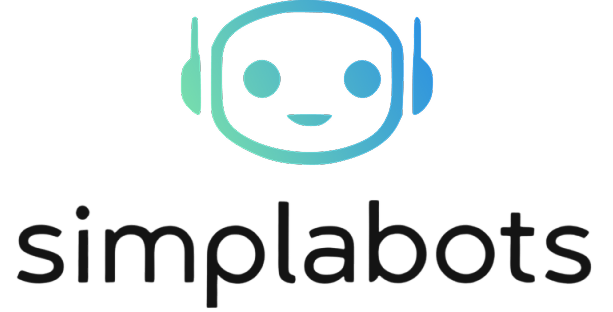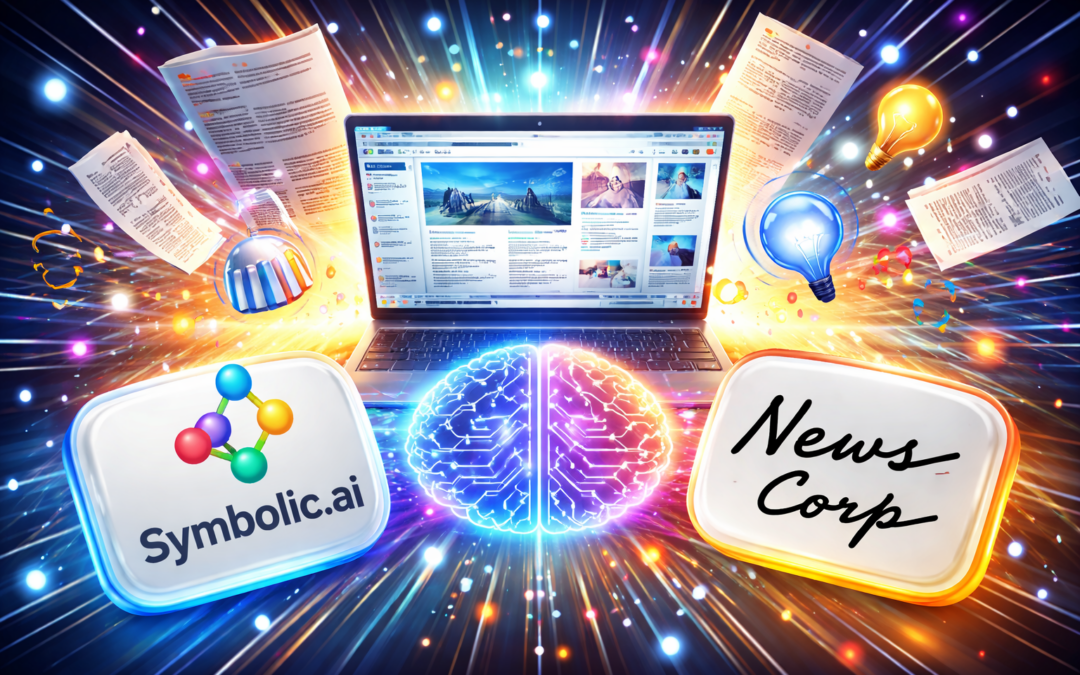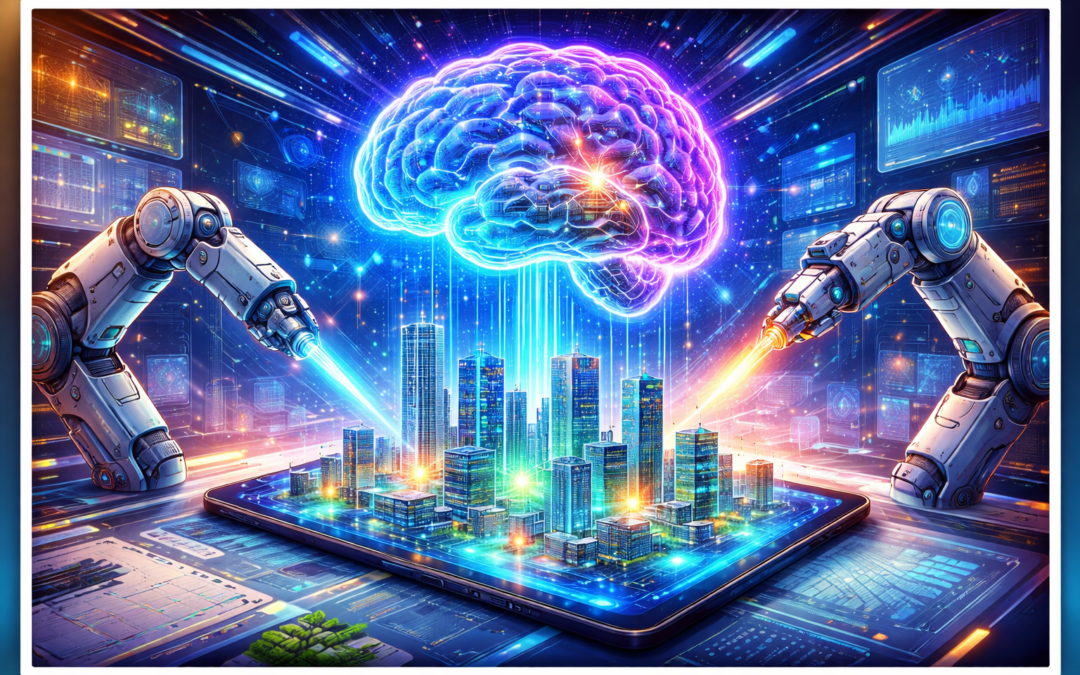As AI adoption surges across industries, global companies accelerate workforce reductions and investments in intelligent automation.
This shift reshapes job markets and compels professionals, startups, and developers to recalibrate their strategies for an AI-first future.
Key Takeaways
- Major global firms are cutting jobs as they increase investments in AI and automation.
- The push for generative AI and large language models (LLMs) is leading organizations to restructure operations, targeting efficiency and cost savings.
- Developers, startups, and AI professionals must adapt to evolving skill demands and opportunities in automation and machine learning.
- This transformation signals a deeper integration of AI into core business processes, not just experimental deployments.
AI Reshapes Global Workforce Dynamics
Multinational corporations like Unilever, Siemens, and Citigroup are announcing significant layoffs as part of broader realignments towards automation powered by artificial intelligence, according to Reuters.
Citing weak global sentiment alongside mounting AI investments, executives reveal plans to redesign workflows, decrease manual roles, and ramp up operational efficiencies.
AI-driven automation is no longer a future trend—it’s an urgent, present-day force fundamentally altering enterprise structures.
Recent coverage from Financial Times and CNBC corroborates the scale: 2024 has seen thousands of positions eliminated at major tech and finance firms, with leaders explicitly attributing this shift to AI initiatives.
These organizations cite generative AI and process automation as primary drivers, forecasting both cost cuts and new, AI-native business models.
Implications For Developers, Startups & AI Professionals
For developers, the rapid entrance of generative AI and LLMs brings both risk and opportunity.
Demand for routine coding and back office operations dwindles as AI takes over repetitive tasks, but demand surges for those who can build, fine-tune, and ethically deploy advanced models.
Organizations will increasingly value AI and machine learning fluency over generalist programming backgrounds.
Startups face a dual-edged landscape. On one side, mass layoffs free up experienced talent and accelerate AI market maturity; on the other, legacy giants leverage massive data and AI resources to outpace disruption.
Finding niche problems unsolved by hyperscalers—especially in verticals like healthcare, legal, or logistics—becomes key.
AI Transformation: Beyond Buzz to Boardroom Reality
This wave of restructuring shows AI is no longer confined to experimental labs. Enterprise chief information officers confirm the transition: AI platforms now underpin decision-making, automate compliance, personalize customer experiences, and eliminate redundancy.
Reports from Wall Street Journal suggest organizations failing to embed generative AI risk losing competitiveness.
For professionals and businesses alike, upskilling in AI—or embracing automation-driven pivots—is no longer optional.
What Comes Next?
As automation accelerates and LLMs mature, expect continued workforce rebalancing and a premium on AI-centric skills.
Developers should experiment with open-source models and consider specializing in prompt engineering, fine-tuning, and production deployment of AI solutions.
Startups can capitalize by delivering tailored automation, compliance, or optimization layers atop mainstream LLMs.
The organizations that thrive will be those that embrace AI transformation holistically—investing in both tech and talent to ensure resilience in a shifting digital economy.
Source: Reuters











